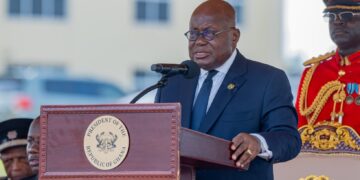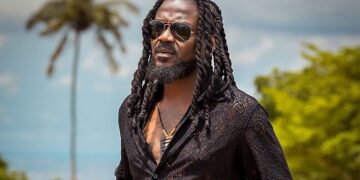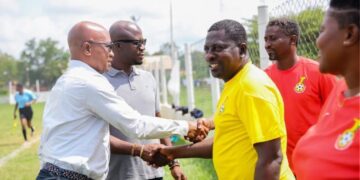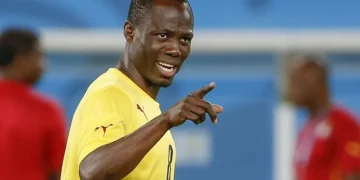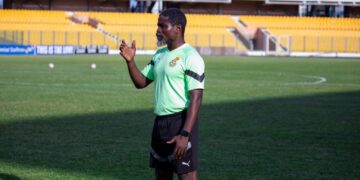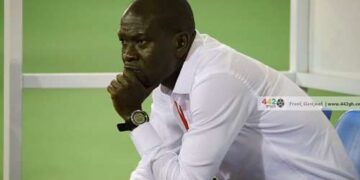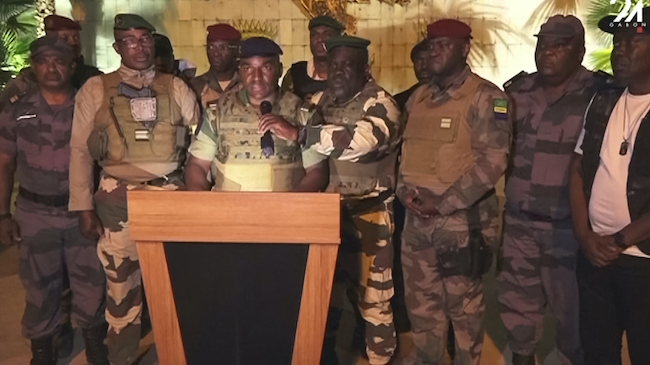Army officers have announced their assumption of power on Gabonese national television.
They claimed to be nullifying the election results from the previous day, in which President Ali Bongo was pronounced the victor.
According to the electoral commission, Mr. Bongo received slightly less than two-thirds of the vote in an election that the opposition claimed was rigged.
His removal from office would put an end to his family’s 53-year rule of Gabon.
Almost 90% of Gabon is covered in forests, making it one of Africa’s biggest oil producers.
Early on Wednesday morning, twelve soldiers appeared on television and declared they were dissolving “all the institutions of the republic” and annulling the election results.
The country’s borders had been shut “until further notice,” they added.
In the last three years, there have been eight coups in former French colonies in Africa, if this one is successful.
But, the majority of the others have taken place further north in the Sahel area, where an Islamist insurgency has sparked an increase in complaints about how poorly the democratically elected governments have been protecting the civilian populations.
Elisabeth Borne, the prime minister of France, said her nation was closely monitoring the situation, and the head of foreign affairs for the European Union warned that a military coup would exacerbate instability in Africa.
Josep Borrell declared, “This is a significant issue for Europe.”
Meanwhile, French mining group Eramet, which employs thousands of people in Gabon, said it had stopped all work in the country for security reasons.
The soldiers who announced the apparent coup said they were from the Committee of Transition and the Restoration of Institutions and represent security and defence forces in the country.
One of the soldiers said on TV channel Gabon 24: “We have decided to defend peace by putting an end to the current regime.”
This, he added, was down to “irresponsible, unpredictable governance resulting in a continuing deterioration in social cohesion th,at risks leading the country into chaos”.
The sounds of loud gunfire could be heard in the country’s capital, Libreville, following the broadcast.
A resident in the western city of Port Gentil told the BBC World Service’s Newsday programme he was woken by a friend who told him about the soldier’s broadcast.
“There was a communique being played again and again on the two national TV channels,” they said, adding that it appeared that all parts of Gabon’s defence and security forces were involved.
BBC World Service Africa editor Will Ross says this suggests the coup is perhaps not “done and dusted” and there will be some resistance.
There was no immediate response by the government to the soldiers’ announcement and the whereabouts of Mr Bongo are unknown.
Internet access was suspended following Saturday’s election for security reasons, but was restored shortly after the apparent takeover. A curfew is also in place.
SOURCE: BBC

